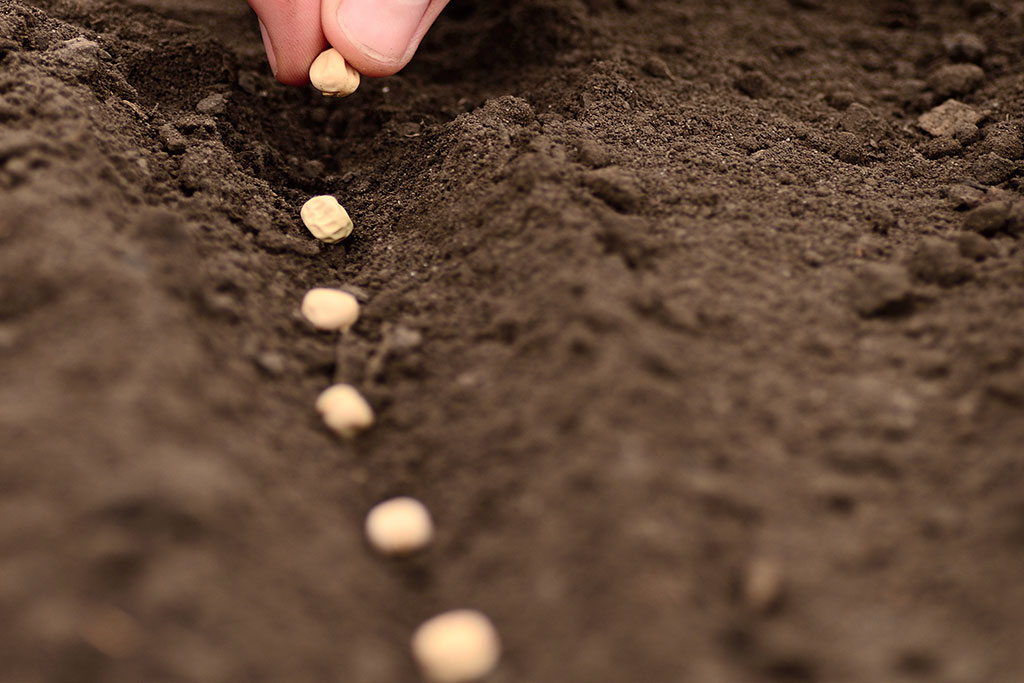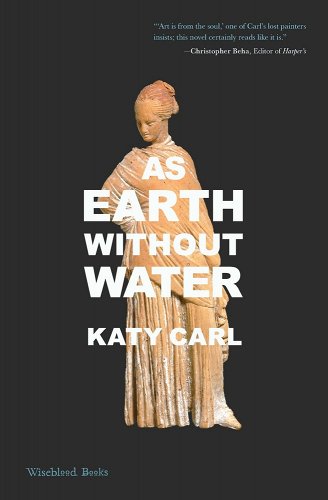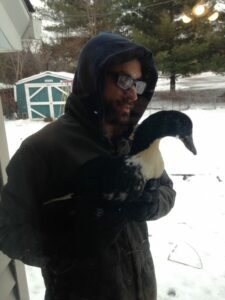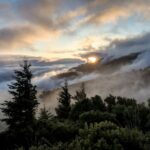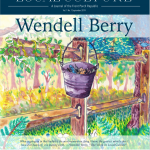Twin Cities, MN. Upon reading the Gospels, one would be justified in believing Jesus was a farmer. And perhaps he was. Perhaps out back, behind the wood shop, he had his own garden patch. Perhaps he tilled, and fertilized, and planted, and watered, and tended his garden. Perhaps in that little garden all his own he witnessed the mystery of seeds. How these objects, so miniscule, seemingly inert, dead even, can sprout, break out of the earth, and grow, up and up and up, bearing fruit 20, or 40, or a hundredfold. Or not. Some are planted in the cold earth, covered over, and rot. Never to be seen again.
Yes, there is a deep mystery to seeds, one that Jesus understood well. And a mystery to human life as well. Life is at once a sowing of seed, each individual life comprised of a great scattering of thoughts and actions, some willed, some not, some bearing gorgeous fruit, others bearing nothing at all, or worse, bearing ill. But an individual is not only a sower; she is equally a garden plot upon which the events and actions of others, human and divine, banal and extraordinary, are sown. And it is these plots, the plots we sow and the plots we become, that bit by bit, slow-blossoming as the puya raimondii plant, become the kingdom of heaven.
It was Dappled Things editor-in-chief Katy Carl’s debut novel, As Earth Without Water (Wiseblood Books 2021) that got me thinking about the mystery of seeds, the mystery of faith, and the mystery of Divine action in the world. The novel is not about farmers, or even about the literal planting of seeds. Instead, it is about two painters and sometimes lovers, Dylan Fielding and narrator Angele Solomon, and the germination of their faith and submission to God’s will.
The unfolding of these twin conversions is slow, happening over the course of thirteen or so years, from their time in Chicago as idealistic art students to their blossoming love affair studying and painting in Florence to New York City where Dylan both becomes famous (and infamous) back to Chicago where Angele now finds herself alone. Having been betrayed by Dylan in multiple ways, Angele betrays her own artistic integrity by working for an ad agency, feeling the “misery of waking on the couch, forty-three minutes into snooze-alarm territory, to the jangling pink music of a DVD menu I’d fallen asleep to the night before, in the knowledge that I had had no purpose in my actions the previous night, or the previous day at work for that matter.” Dylan ends up joining a monastery in rural Kentucky and becoming novice Thomas Augustine. It is Dylan who best sums up Carl’s fascination with the mysterious forces that make human life; he tells Angele: “The past always matters. The past leaves marks. I am more than the choices I made, but those choices are part of me now. Wherever I go, they’ll follow me until I face what they’ve made of me now. What I’ve done to others. To you, yeah, but not only to you.”
What Dylan and Angele must confront is the nature of these scattered seeds. These actions done by us and to us, and the way they shape and form who we are. At first blush, the novel appears to be a tragic love story between Angele and Dylan, doomed lovers who experience the depth of betrayal, sin, and loneliness. But then a deeper layer unfolds, and we see the overarching story that overshadows and penetrates this human love story: the Divine love story; the movement of God towards His creatures; the almost imperceptible turnings and moments of grace that are visible only in retrospect; the hand of God that, at the time, feels more like absence than presence. Carl does a wonderful job illustrating the hiddenness of God – that hidden youthful Jesus tilling, and planting, and watering his garden in Nazareth – who sometimes is illuminated only by meditating, like Angele, on one’s past and God’s hand in it.
Of course, one can reject God’s hand, as illustrated by fragments of a Hunter Thompson poem that Dylan hand writes to Angele:
This ordered life is not for everyone.
Never, to their surprise, for those who run
Away from love.
But eventually Dylan and Angele stop running. And as Angele finally sits and quietly contemplates, she begins to see the subtle moments of grace, the Divine and human turnings in her life. Those of us reared on Flannery O’Connor and her violent moments of grace and opportunities for conversion may fail to perceive the subtler moments of grace that Carl quietly illustrates. But although O’Connor’s style has much to be commended for – as she herself wrote, “to the hard of hearing you shout, and for the almost blind you draw large and startling figures” – so too does Carl’s. For I suspect that many of us can empathize with Angele and Dylan. We might like the immediacy of a book thrown across a waiting room to wake us up (or more probably, to wake someone else up), but for most of us, those moments are few and far between. More often, conversion is a quiet process, a slow growth, a blossoming that takes years – even a lifetime – to realize and then tell.
But the hidden growth can be no less surprising than a thrown book. While reading As Earth Without Water in mid-May, I began working on my Minnesota garden. I mulch heavily in the fall, throwing tarp-load after tarp-load of maple leaves on my garden bed, right over the top of last year’s beans, tomato plants, and kale. In the spring, I don’t till; I take a shovel and dig and mix the rotting leaves with the soil. As I pushed aside a clump of leaves, to my surprise, I discovered a row of last year’s kale still green and fresh and growing. How could this be? Isn’t kale an annual? (I have since learned it is a biennial.) How did it survive our two-week stretch of sub-zero February temperatures? How could such a tiny seed, as small as a mustard seed, produce so many lunches for me, and still be producing come May? Yes, there is something deeply mysterious and wonderful about seeds and growth and faith.
Now looking back on her life, and in particular her long and tumultuous relationship with Dylan, Angele too begins to understand the mystery of seeds and the mystery of faith. She sees that one moment – not a shocking and violent thrown-book moment, but a sad and quiet culmination of her many-year relationship with Dylan coming to a close – “although I didn’t know it then, held within it the seed of everything my life has become since.”
At the very end of the novel, as Angele now looks forward eagerly and expectantly, as the “sun falls,” and the “pines whisper secrets,” and at the edge of the clearing “seedlings tremble in the wind,” she sits, “motionless, till the chime rings: exile from paradise, waiting for the day.” Waiting for the full flowering of God’s promises and Jesus’s return. Waiting for that tiny mustard seed, that insignificant piece of organic matter, to sprout, blossom, and bloom into the very kingdom of heaven.

